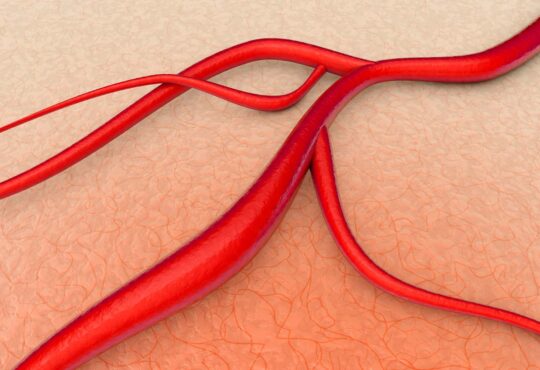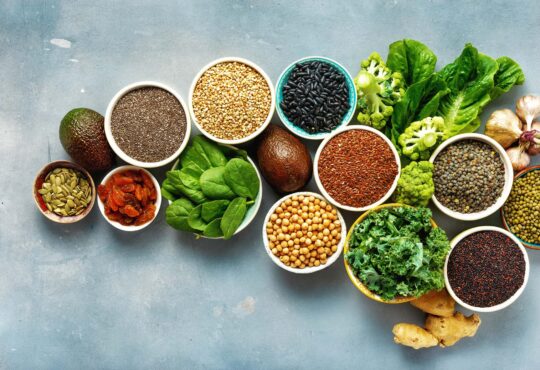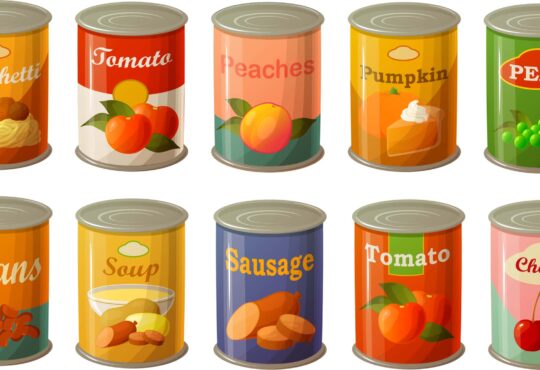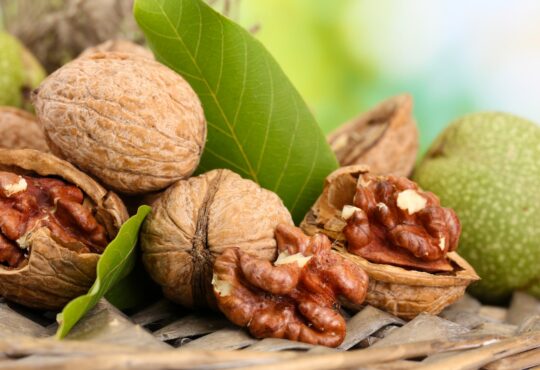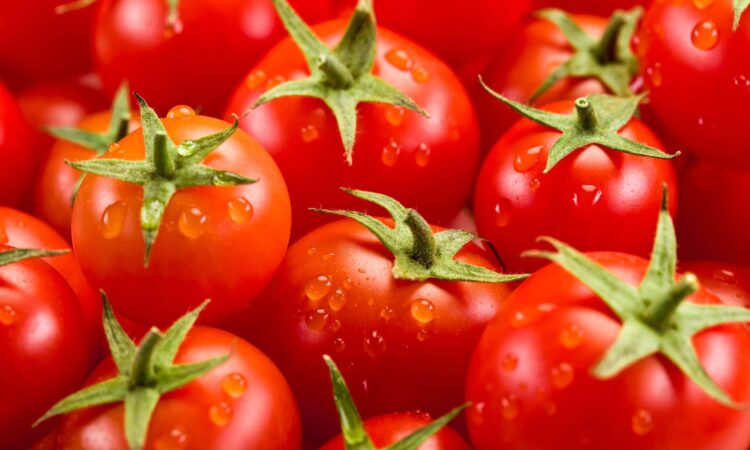
Nutrition experts love to label the Standard American Diet as . . . SAD.
But there’s one bright spot.
Tomatoes.
We love them even though they’re a superfood.
(Unlike other popular vegetables, such as white potatoes and lettuce.)
And now we have even more good reason to eat even more tomatoes.
How Much We Love Tomatoes
In 2022, Americans consumed an average of 19 pounds of raw tomatoes. That was second to onions (19.2 pounds).
However, fresh foods tell just part of the story.
According to the United States Department of Agriculture, Americans eat a total of 31 pounds of tomatoes every year. That includes not just a slice on your sandwich, but catsup and tomato-based sauces such as pizza and spaghetti.
Although around 19% of gardeners raise tomatoes, 96% of commercially consumed tomatoes are grown in California. China is the world’s other large producer of tomatoes.
Without tomatoes, even more Americans would probably be dying of heart disease.
Why’s the Tomato a Heart-Healthy Superfood?
Lycopene.
That’s the carotenoid phytonutrient that makes tomatoes so bright red.
Lycopene is known as a potent anti-inflammatory and antioxidant.
What’s really great, lycopene (unlike many nutrients) isn’t damaged or destroyed by cooking heat. That means you’re getting the same amount of lycopene from marinara sauce as you do from eating the same amount of raw tomato. In fact, you get more because the processing and cooking of tomatoes breaks down their cell walls, making their nutrients more bioavailable.
Lycopene has long been known as a potent phytonutrient to guard prostates. However, now we’re also learning lycopene helps protect your cardiovascular health too.
We find lycopene in other foods besides tomatoes, including: watermelon, cranberries, grapes, melons and papayas.
So you don’t have to depend on tomatoes, but clearly tomatoes are much more of a staple, day-to-day everyday type of food than the others.
A Meta-Analysis of Lycopene Studies Shows
People who consume the most lycopene have:
14% lower risk of cardiovascular disease.
37% reduced chances of dying.
26% less odds of suffering a stroke.
Lycopene Guards Your Heart Health in at Least Two Ways
1. Vascular protection
Lycopene strengthens your body’s cellular defense mechanisms.
Oxidative stress – attacks by free radicals – damages your endothelial lining, making it dysfunctional.
The endothelial lining is the one-cell thick layer on the inside of all your veins, arteries and capillaries.
When this endothelial lining is inflammed and worn away by free radicals, that promotes the formation of plaque. When it builds up, that plaque blocks the free flow of your blood.
That means less circulation to your entire body. That means colder hands and feet, possible ED and, simply, reduced flow of critical nutrients to all your cells.
Plaque can also clot, physically jamming up blood vessels. Plaque in your coronary arteries can break off, and block the entire artery, causing a heart attack.
Strokes happen similarly, in a blocked artery leading to your brain.
When your endothelial lining suffers chronic oxidative stress, that can contribute to cardiac hypertrophy. That’s a thickening of your heart muscles that makes it more difficult for your heart to pump blood to all the cells of your body that need it.
Some of the protection comes directly from lycopene, because it’s an antioxidant that can absorb free radicals.
It also boosts levels of your body’s natural antioxidant, glutathione.
In studies, lycopene increases the actions of different enzymes – enzymes that help make up your body’s defenses against free radicals.
By reducing or preventing free radical damage, lycopene may slow the progression of artherosclerosis. It reduces the damage caused by LDL oxidation. The oxidation of LDL cholesterol plays a major role in the buildup of plaque – and that leads to heart attacks and strokes.
According to studies done on animals, lycopene improves your blood profile. It reduces total cholesterol, LDL cholesterol, VLDL cholesterol and triglycerides.
2. Lowers inflammation
Inflammation is your body’s natural response to defend itself against attacks.
However, when your body’s always overreacting to a perceived threat, the result is chronic inflammation.
This damages our bodies in many ways, and is considered a major risk factor for cardiovascular disease.
Lycopene blocks – and may even reverse – inflammation. This happens because it inhibits the synthesis of many inflammatory cytokines the immune system uses to fight infection (making them inflammatory when you’re not fighting off an infection.)
Lycopene also puts the brakes on nuclear factor-kappa B (NF-kB), a major regulator of inflammation.
Heart Patients Benefited the Most
In one clinical trial, patients with cardiovascular disease and an equal number of healthy adults were given 7 mg of lycopene or a placebo daily for two months.
The heart patients given lycopene demonstrated a 53% improvement in vascular function – their blood circulation – over the group who took a placebo.
The healthy subjects displayed no change, suggesting there’s no need for healthy adults to take lycopene as a supplement. (But still eat your tomatoes!)
Before You Order and Swallow Those Pills
When you get your lycopene from tomatoes and other red fruits and vegetables, you’re swallowing not only lycopene, but many other phytonutrients as well, not to mention fiber.
Some studies did show a benefit from taking oral lycopene.
However, remember how some studies show a biochemical cousin of lycopene – beta carotene – and Vitamin E both increase longterm health risks.
Taking high doses of antioxidants that are not in their natural form (that is, in unprocessed food) appear to adversely affect our bodies in ways we don’t yet understand.
Perhaps because supplement doses are generally much higher than what you get from eating tomatoes. Perhaps because you are missing all the other components of the tomato. Perhaps because too many antioxidants taken at the same time affect your body’s ability to use them to protect against free radicals.
The choice is yours, but the best lycopene source remains eating tomatoes on a daily basis – cooked and fresh, because tomatoes in both forms are great for you (and taste terrific).
https://www.youtube.com/watch?v=tQcbaxgmXxo
https://www.youtube.com/watch?v=Bg37WlFLjlk
https://www.lifeextension.com/wellness/antioxidants/what-is-lycopene
https://www.statista.com/statistics/257345/per-capita-consumption-of-fresh-vegetables-in-the-us-by-type/
https://burke.ces.ncsu.edu/2019/04/tomato-trivia/



